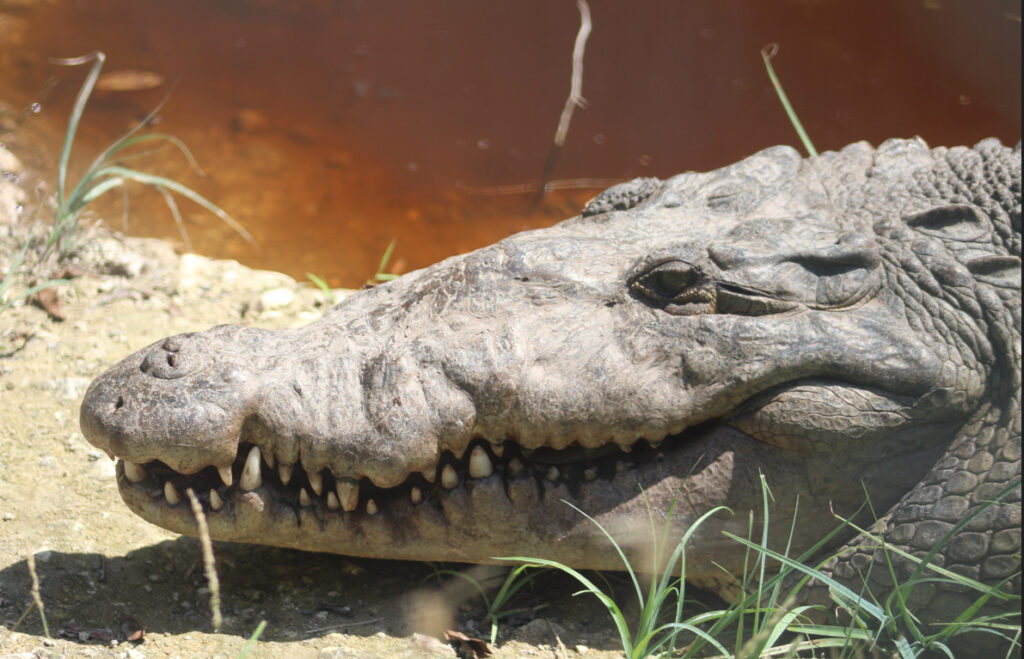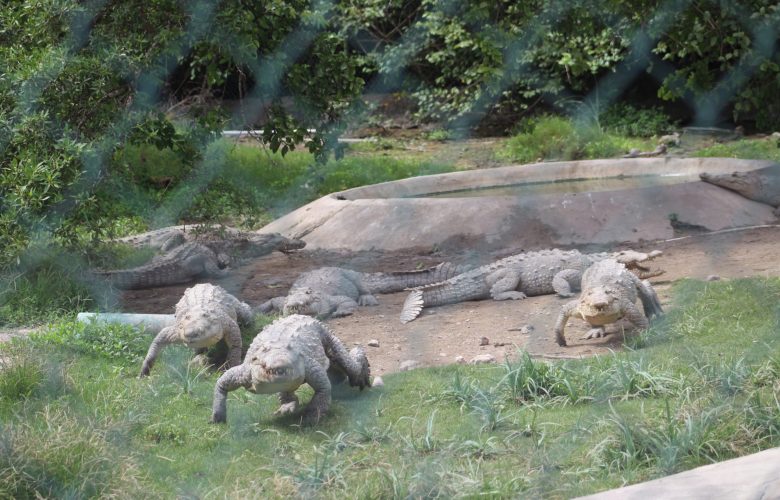The Jamaican crocodile is known as Crocodylus acutus and it is Jamaica's only crocodilian and the largest reptile. The bulk of Jamaica's crocodile populations live in wetlands which include swamps, mangrove and rivers which can be found in places like the Black River Great Morass and Milk River. In Jamaica, the public believes that crocodiles are dangerous animals that pose a constant threat. The Crocodile is perhaps one of the shyest crocodilian species. Unless they are molested or assaulted, they will also avoid confrontations. Adult female crocodiles that are nesting become more aggressive during the nesting season (March
to June each year) to defend their nest and young. It aids in the preservation of biological diversity by removing sluggish or diseased individuals from prey. During droughts or periods of low rainfall, crocodile wading ponds serve as a source of water for a variety of animals. Its importance extends beyond assisting other animals; it also contributes to the economies of many countries, Kelly (2006).





